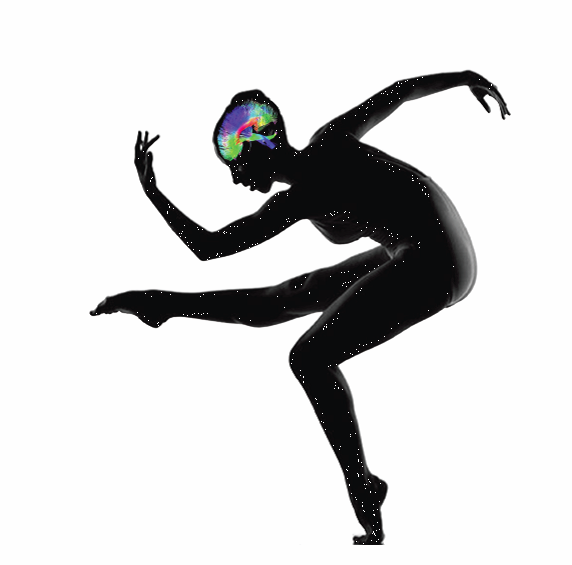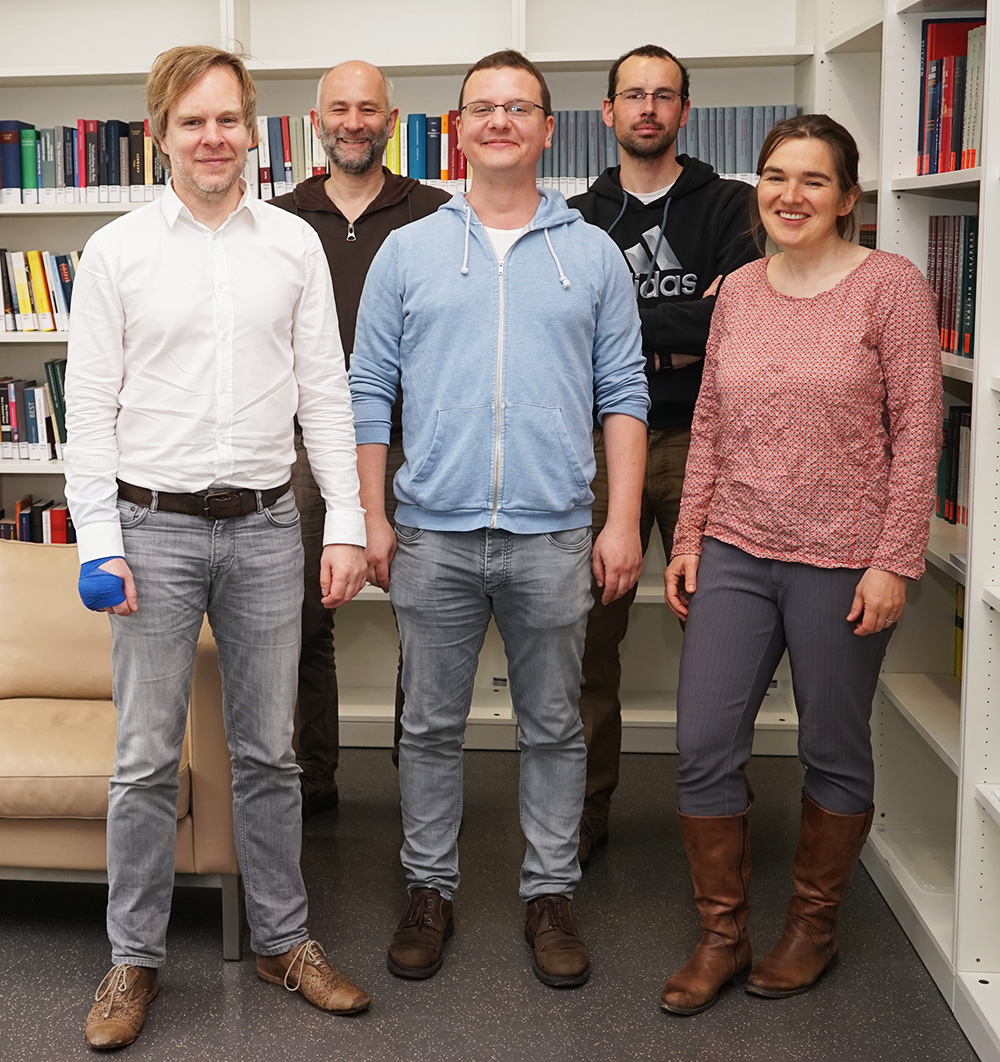Neural networks of motor control and motor learning
 The only way we can interact with the world is through movement: be it by using tools, manipulating objects or by speaking. Humans vastly surpass the flexibility and motor learning ability of any man-made robot. Scientists still scarcely understand the mechanisms that underlie these unique human capabilities.
The only way we can interact with the world is through movement: be it by using tools, manipulating objects or by speaking. Humans vastly surpass the flexibility and motor learning ability of any man-made robot. Scientists still scarcely understand the mechanisms that underlie these unique human capabilities.
In recent years, computational models have been developed that accurately describe human behaviour in a variety of motor tasks. While these models advanced our understanding of basic principles underlying motor control and motor learning, their neural underpinnings remain unclear. On the other hand, neuroanatomical and -physiological studies have produced a wealth of data on the cellular mechanisms of movement control and how neural activities relate to behaviour. The link of these discoveries to computational findings, however, is mostly obscure.
The Research Group believes that a fundamental advance in our understanding will be accomplished by investigating the motor system on the level of neuronal networks, merging findings from different approaches studying motor control. Surprisingly, this level of analysis has been largely ignored in present research on the motor system. To achieve this goal, this group of scientists teams up for this project – combining expertise in all relevant fields, from motor neurophysiology, over computational motor control to clinical movement neuroscience and neuronal network modeling – and aims to unravel neuronal networks underlying motor control and motor learning.

from left to right: Prof. Carsten Mehring, Prof. Stefan Rotter, Dr. Robert Schmidt, Prof. Christian Leukel, Prof. Ilka Diester
Not in the picture: Prof. Cornelius Weiller